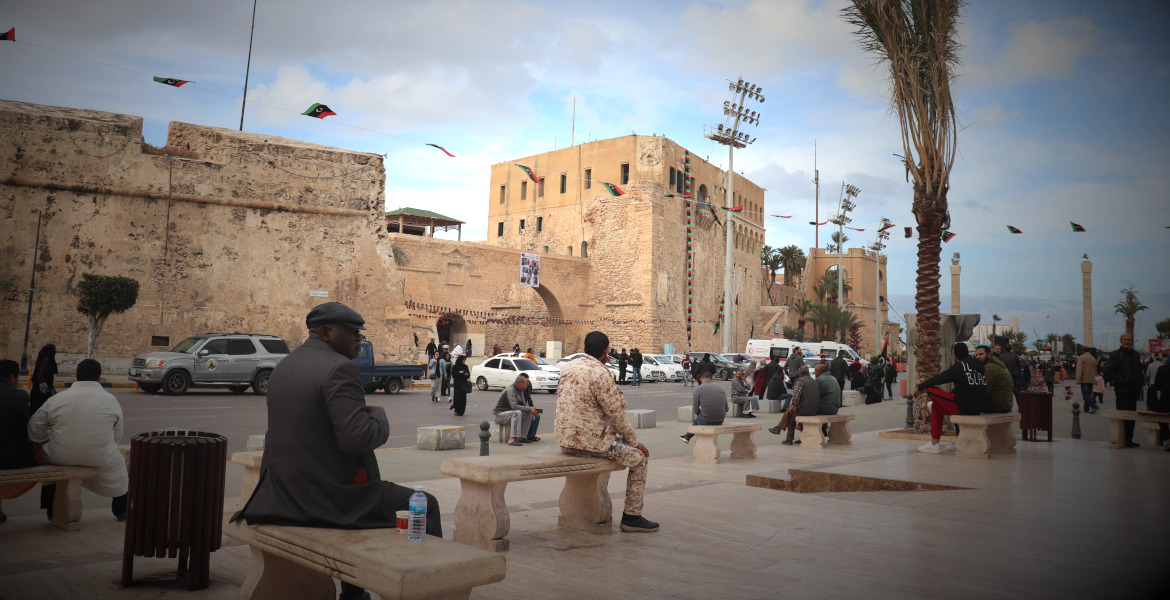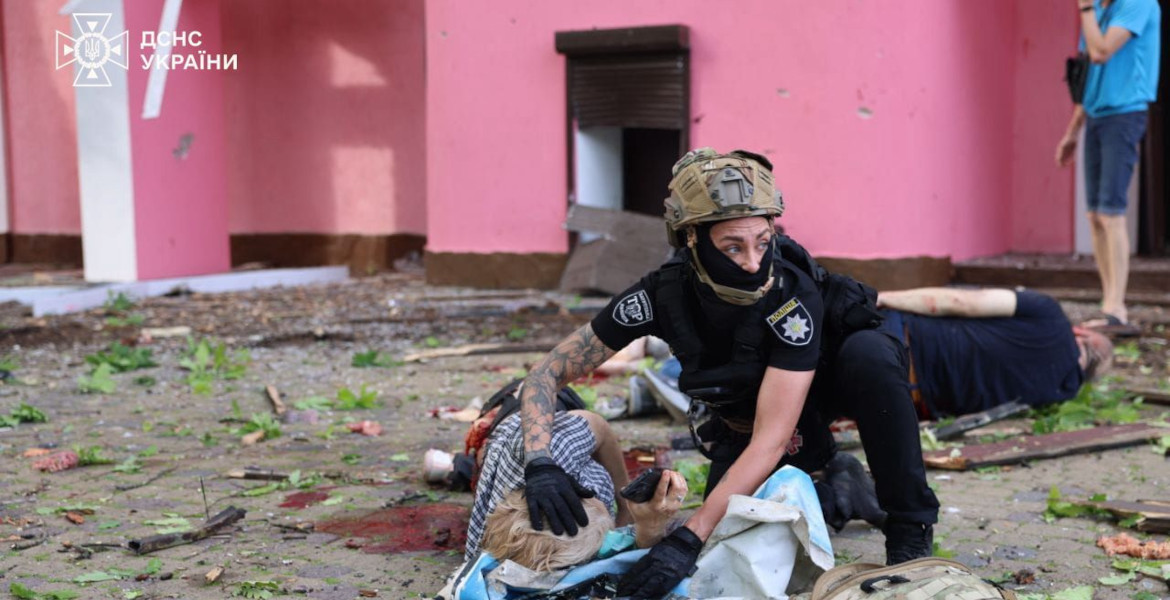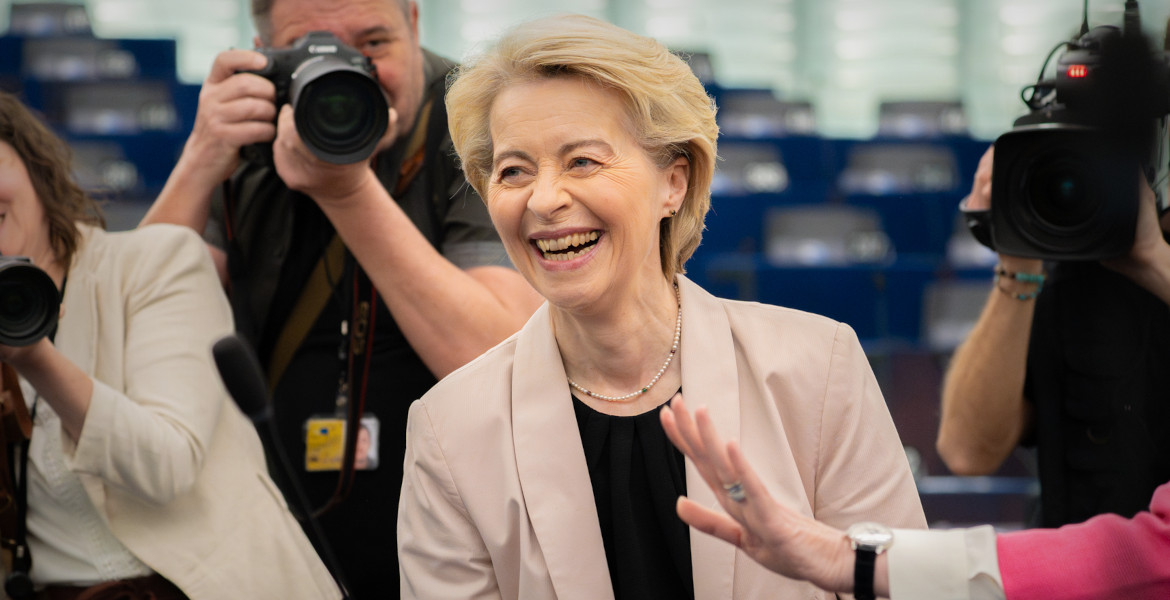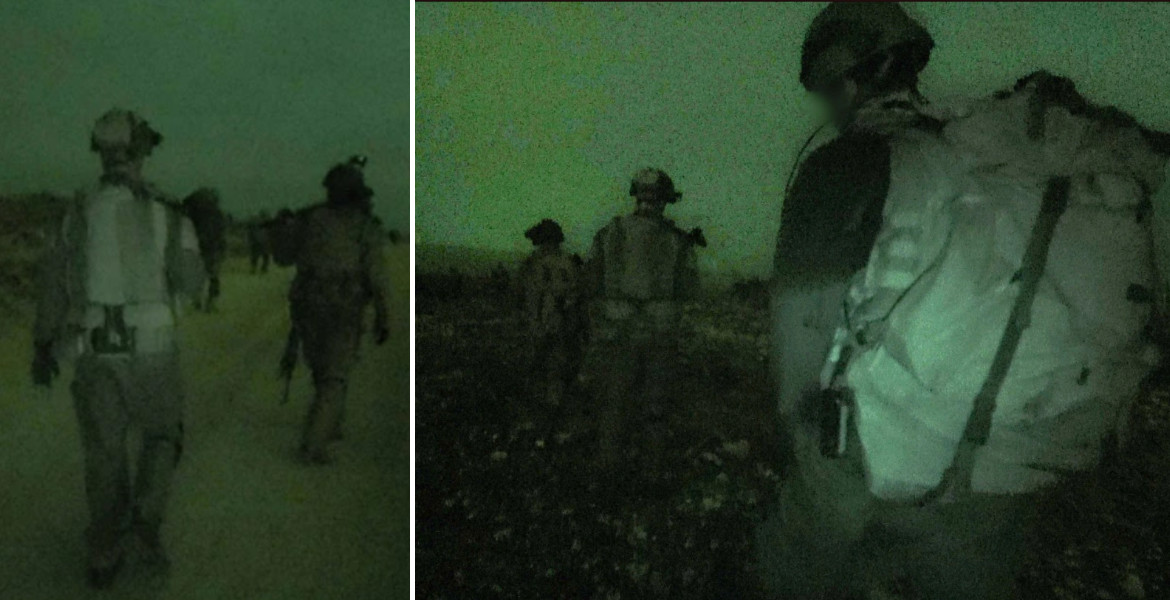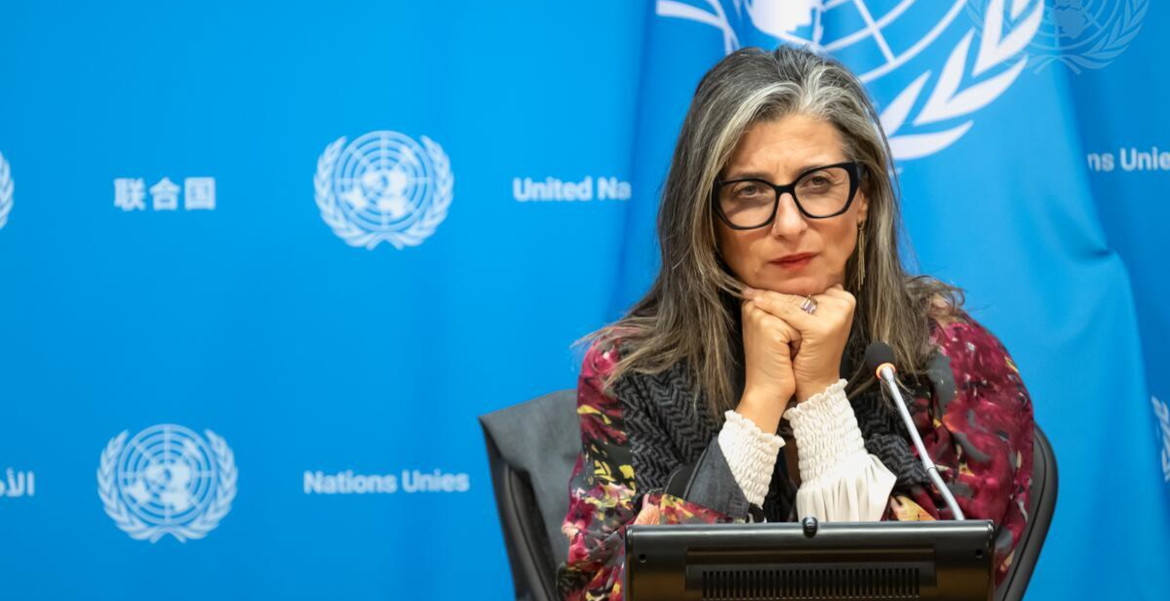More than a decade after NATO’s bloody invasion, the North African country is described as a “an integrated hub for intercontinental drug trafficking” where corruption and misery thrive.
A new study by US-based think tank The Sentry, titled Libya’s Kleptocratic Boom, finds that not only is the illicit drug trade the country’s fastest growing industry, but that Libyan officials and government employees regularly abuse public resources and authority to actively participate in or facilitate the illicit drug trade themselves.
In particular, cannabis, cocaine, and the synthetic opioid captagon are shipped from Libya to the rest of the world. Cannabis comes primarily from Morocco, cocaine from Latin America, and captagon from Syria and India. Production facilities are also believed to be located within Libya.
In addition to cannabis, cocaine, and Captagon, other drugs such as tramadol, pregabalin, and clonazepam flow freely. Libya now serves as a gateway between European suppliers and thriving illicit markets in North Africa and the Sahel.
“The frailty, opacity, and excessive personalization of state institutions provide Libya’s political entrepreneurs, armed group leaders, and organized crime bosses with numerous ways to steal or misuse public resources. Lately, the growth in Libya’s kleptocratic sector has accelerated”, the think tank notes.
At risk of ruin
“This means that Libya is not heading for any new equilibrium or new order. Instead, there is a substantial risk that its current leaders might end up destroying the country’s most essential institutions, including the National Oil Corporation (NOC), which is responsible for almost all of the nation’s income”, it says.
The authors note that “Kleptocracy cannot be the basis upon which a functioning state is built” and that “a corrupt bargain among Libya’s incumbent leaders does not constitute sustainable peacebuilding, especially given that no progress is currently being made in security sector reform or militia disarmament”.
Citing Iraq, Sudan, and Afghanistan as cautionary tales, it argues that kleptocracy not only harms the population, but also threatens neighboring countries and could affect Europe and the United States.
“The priority must be to tackle the entrenched culture of impunity, an endeavor that should be pursued by bolstering checks and balances in Libya’s economic governance system and increasing the cost of profiteering from corruption and crime.
